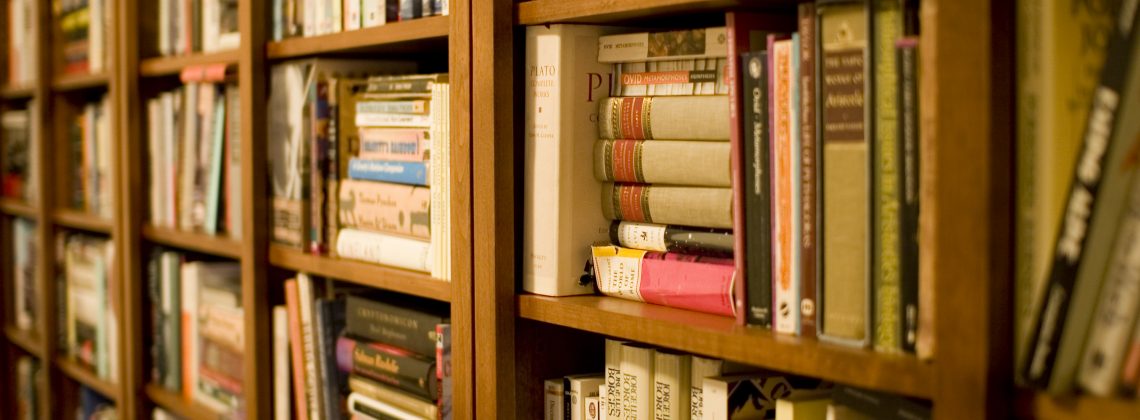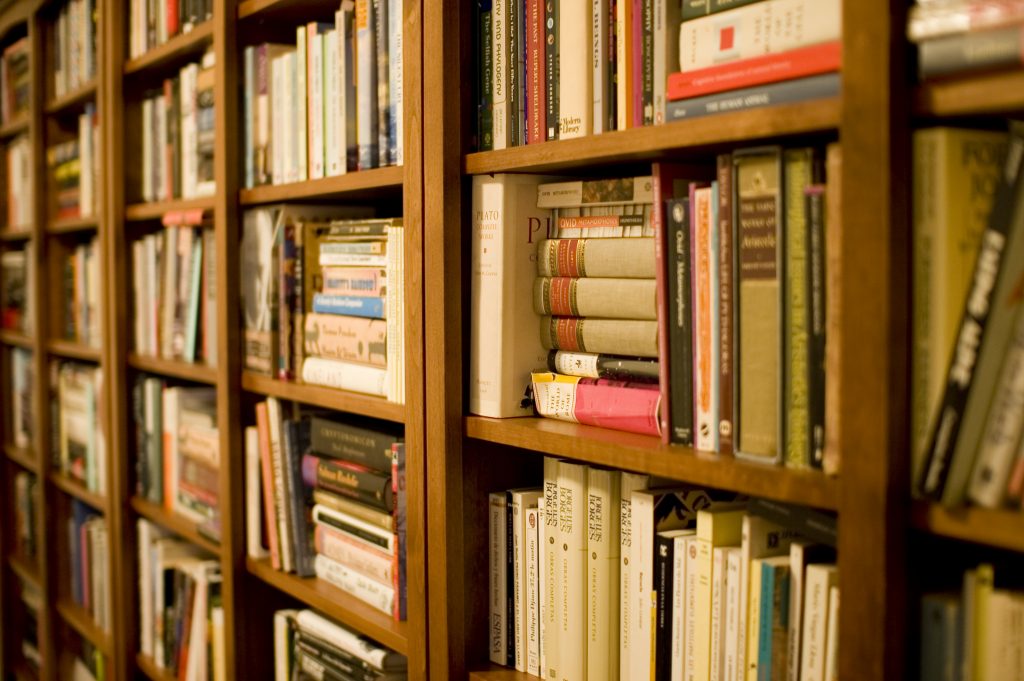

What is the purpose of education? That’s a big question, perhaps too big for an Arena blog post, but I wish to offer a few thoughts. We live in a day of “education wars.” C.S. Lewis uses this following stanza as an epigraph to the first section of The Abolition of Man:
“So he sent the word to slay
And slew the little childer.”
This is a small portion of a Medieval Christmas carol. The “he” referenced is Herod, and the allusion is to the Slaughter of the Innocents. Lewis’s short book, especially the first section to which this stanza is appended, considers education of the young. Lewis’s use of the carol draws our attention to the fact that he who owns the education of the youth owns the future. A bad education can metaphorically slay the child. Education need not be political in the crude partisan sense, but it cannot help but be political in the larger sense of choices between priorities and our communal process of deciding how we ought to live together, who we are, and who we want to be.
We cannot teach everything in schools. We need to prioritize. We will differ in our priorities; thus, education is political. And to the extent that we disagree about who we want to be as a people, formal education in schools–the instrument we primarily (but not exclusively) use to mold the next generation–will be a matter of political controversy. People wish their values to be demonstrated and promoted in schools. People with different values, then, will contend over the content and methods of schooling.
I am a partisan in this fight. Not as a Republican or Democrat. Not as a progressive or a conservative. I am a partisan for liberal education. That is a slippery term, difficult to define as so many people mean so many different things by “liberal education.” Leo Strauss’s excellent essay “What is Liberal Education” offers three or four (depending on how one counts) different definitions of liberal education. Strauss concludes the essay this way: “Liberal education is liberation from vulgarity. The Greeks had a beautiful word for “vulgarity”; they called it apeirokalia, lack of experience in things beautiful. Liberal education supplies us with experience in things beautiful.”
If that is a bit too heady, let me offer a more earthy definition. Liberal education is an education in the best that civilization has to offer with the goal of shaping virtuous souls through encounters with great works and great ideas. Liberal education furthers the molding of a better society through a communal appreciation of the transcendent (the Good, the True, and the Beautiful) and by liberating us from the prejudices of our age. Admittedly, this is not a short, pithy definition, but I think it largely does the trick.
The purpose of such an education is not technical (i.e., the acquiring of skills) nor vocational (i.e., the securing of a job), although these are also legitimate concerns. Liberal education is not interested in critical thinking for its own sake, although such thinking is a natural outcome of a liberal education competently delivered.
Such an education is probably not “progressive” in that there will be more emphasis on mastery of content over acquisition of skills. Liberal education has more respect for tradition than does an education influenced by John Dewey; it rejects Dewey’s emphasis on “relevance” and “social utility.” Dewey largely rejected the notion that there should be an authoritative canon to which students are initiated. He also dismissed the kind of memorization that traditional liberal education typically promotes (for example, memorizing poetry). This is probably why Dewey himself called liberal education “useless.” So liberal education probably stands in contrast to modern “progressive” education as expressed through people like Dewey or embodied in Bloom’s Taxonomy of Learning.
But that does not mean that liberal education is “conservative” as normally understood in our politics. While liberal education might share a conservative disposition in its respect for the past and for the transcendent, liberal education done well is not narrowly ideological. Let me use as an example the fine recent book Learning the Good Life, edited by Jessica Hooten Wilson and Jason Stratman. This book is a reader full of great voices throughout history, including Lao Tzu, Plato, Augustine, Dante, Shakespeare, Margery Kempe, Edmund Burke, Frederick Douglass, Elizabeth Barrett Browning, WEB Dubois, C.S. Lewis, Marilynne Robinson…well, you get the point. I think the editors would define themselves as defenders of liberal education. While the commentary accompanying the readings is aimed at a Christian audience, I think it can be fruitfully read by anybody. Looking at the list of authors presented in the book—and I’ve provided just a smattering of examples—does anyone think that such a reading list would produce a person who thinks a particular way, either progressive or conservative? Are the authors excerpted even in agreement with each other? Or are there fruitful disagreements? There is nothing partisan or narrowly ideological in reading such texts.
Or look at the suggested summer reading list from Naples Classical School, a charter school affiliated with that enfant terrible of education, Hillsdale College. Whatever criticisms one could make of such a list, it is not that it will automatically produce a bunch of conservative political activists. A deep, serious study of the past through history, literature, and art means the study of a polyphony of voices. As Strauss himself notes, the great minds of the past do not agree. This serves as a puzzle for the student to figure out and hopefully grow intellectually. The goal of liberal education is a serious, thoughtful person who has a bevy of historical, literary, and artistic knowledge to live a full, happy life. This person can make informed contributions as a citizen in a free country.
Yes, this sets up defenders of liberal education in opposition to the educational establishment, both in K-12 and in higher education. The general tenor of both levels of education is antagonistic to liberal education. And, yes, often education has been politicized from the left. For example, the state of Minnesota is attempting to work “Critical Social Justice” curriculum into K-12 education, while the University of Minnesota requires students to take classes in “Race, Power, and Justice” in order to graduate. By one report, the controversial 1619 Project history curriculum is used in over 4,500 schools.
But to respond by making a reciprocal push for “conservative” education is a mistake. First, there are those who are dissatisfied with left-leaning education and who are potential friends to a sound liberal education yet are not political conservatives or interested in a partisan effort to rework education. Framing educational reform as “Republican” or “conservative” alienates potential friends who don’t view themselves as members of either of those camps. Furthermore, teachers and college faculty, who are often unfriendly to conservative politics, do not want to see themselves as pawns in a partisan game (for both good and bad reasons). The more education reform is couched in ideological or partisan terms, the less likely it is to succeed. Second, and more importantly, as I have been trying to argue, good education is not “political” in the narrow sense. The goal should not be to educate into a conservative worldview any more than it should be to educate into a “social justice” worldview. While I think good liberal education pushes back against certain progressive assumptions, it does not preclude them. We cannot turn education into yet another partisan football.
I do not think education can be neutral. Education necessarily starts with an assumption about who the child is, who we want the child to become, what we want the student to learn, how we will teach students, etc. Because education can never really be neutral, it must be political in the broadest sense. But we must resist it becoming political in the smallest, meanest sense.
Amen!
Very well put. I appreciate your emphasis on the fact that education can never be altogether “apolitical” (for the simple reason that a pure non-biased perspective is unattainable). But what we can do is make education political in the broadest, classically-liberal sense.